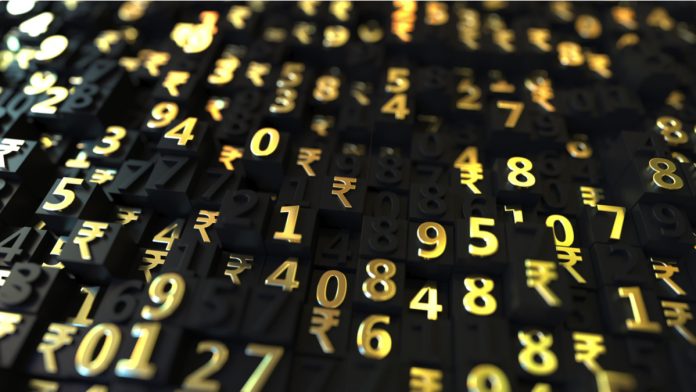GBP/INR is extending its rally after forming a bullish gap and gaining over 1% yesterday.
Currently, the pair is trading at 94.840, up 0.31% as of 6:30 AM UTC. The price has stuck in a strong resistance zone between 94.000 and 95.000.
After falling to the lowest level since August last year below 87.000, GBP/INR has recovered and might try to update the highest since October 2018, which was touched on March 9. The price is up 10% from its recent low.
The rupee started to lose ground after the Indian government imposed lockdown measures for almost the entire country. The already struggling economy entered the sleep mode amid the coronavirus outbreak.
Growth in India’s Manufacturing PMI Slows
Yesterday, IHS Markit released India’s manufacturing purchasing managers index (PMI), which shows that growth in the industry slowed to a fourth-month low in March. The indicator fell to 51.8 from 54.5 in February. The 50 mark separates growth from contraction.
The PMI surveys conducted by IHS Markit touch upon output, new orders, jobs within the sector, suppliers’ delivery time, and stocks. In India’s case, the research firm analyzes 400 manufacturers.
IHS Markit economists Eliot Kerr said that the worst-performing components of India’s manufacturing PMI were new export orders and future activity indices, which reflected a declining demand and confidence. He added:
“Should the trajectory of injections continue in the same vein, the Indian manufacturing sector can expect a much sharper negative impact in the coming months, similar to the scale seen in other countries.”
The lockdown measures led many economists to anticipate a contraction in India’s economy in the three months to June.
Another indicator that shows the damage caused by the coronavirus outbreak is that India’s goods and services tax (GST) collection dropped last month below 1 trillion rupees against the 1.25 trillion rupee target.
Yesterday, Fitch Solutions said that India’s fiscal deficit in 2020-21 would increase to 6.2% of the GDP, up from 3.5% estimated by the government.
While the pound has managed to recover against the rupee, the British economy is also struggling amid the COVID-19 pandemic. The government and the Bank of England pledged unlimited support, but the impact will be long-term.





